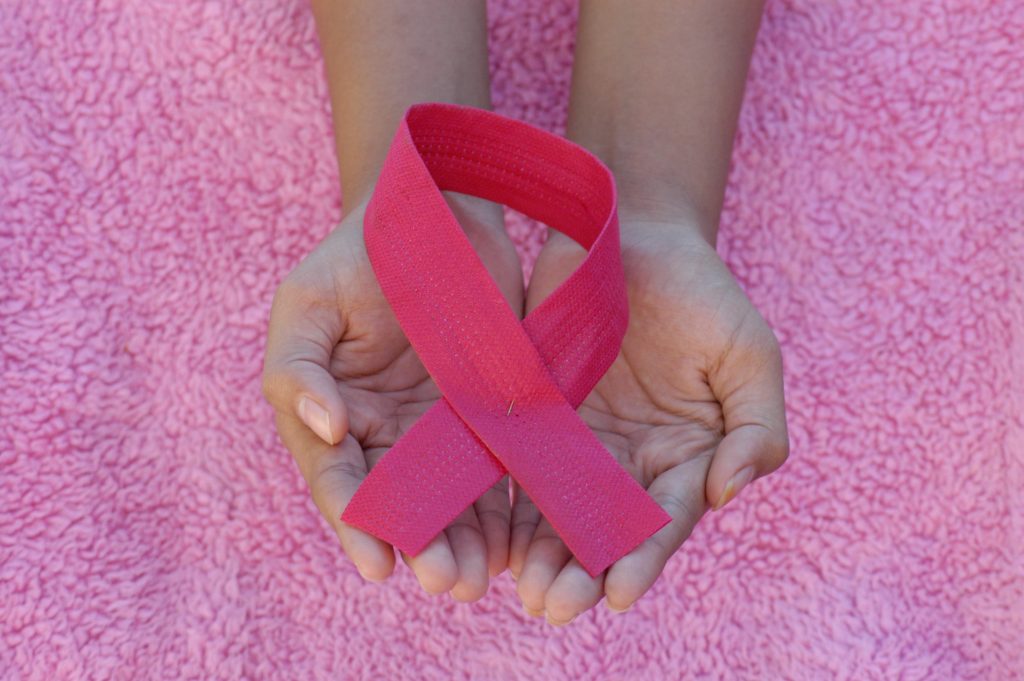4 Common Chemo Side Effects You Can Prepare For

December 23rd, 2020 | Blog, Cancer
Preparing for Chemo
Chemotherapy. When you hear this word, what sort of side effects come to mind? If you’re like most, you know about hair loss, maybe you even know about nausea and vomiting. But did you know there are a lot more common side effects that you can expect and prepare for?
Will these side effects appear in your case? Maybe. Maybe not. Each person is different, and you might only experience a few of these, or you might find some new ones to add to the list. This list is meant to help you prepare for the worst and to know what to expect when going through chemo.
1. Hair Loss
Yep, the classic. We’ve all heard about his, seen it with a friend or on the news. That part you might now realize is that it’s not just limited to the hair on your head. Your entire body experiences hair loss, from the top of your head to the annoying little hairs on your toes, all gone. While unfortunate, this means you won’t have to spend any time shaving or going out to get a wax done, so that’s a plus! All joking aside, this is one of the toughest side effects to deal with as it is a consistent reminder that something is not right.
Tips:
- Prepare Those Around You: If you have young kids, it can help to get them ready for the new hairless look before it happens. You could try shaving beforehand to get them used to the new reality. These measures might not seem like much, but for a young child, they could make a difference.
- Head Protection: Head protection is great for looking stylish while also keeping your scalp protected from the natural elements.
2. Nausea and vomiting
Besides hair loss, nausea is the most common side effect associated with chemo. And, while hair loss is the most visible side effect, nausea and vomiting can be the most debilitating for many. The drugs used in the chemo treatments are designed to be tough and get the job done, but those harsh chemicals affect your body in unpleasant ways in the process.
Tip:
- Nausea Foods: Much of the advice you hear about controlling normal nausea apply to chemotherapy-induced nausea as well. Avoid greasy, acidic, and spicy foods, and try eating in smaller portions.
- Drugs and All Natural Relief: There are drugs that you can take to try to ease your nausea, such as Zofran or Promethazine. There is also a range of natural products aiming to relieve your nausea with any of the harsh chemicals and drugs. Queasy Drops are our solution to chemo-nausea.
3. Dehydration
You’ve probably heard this since 3rd grade, but the human body is made up of a lot of water; roughly 60-70%. Hydration is extremely important to help your body remove the toxicity floating around inside you and flush it out. Some chemo drugs, such as Methotrexate, can cause damage to the liver and kidneys, making the need for water even more important to stay well hydrated.
Tip:
- Drink: Be sure to drink water before every infusion, whether in or outpatient. Drink a glass when you wake up and before bed. Make a schedule to make sure your drinking between meals and keep a bottle of water or two in your car for when you go out.
- Drink Mixes: Plain water is the best for you, but if that gets boring you could try out some drink mixes or flavor packets to spice things up. Be sure to check what is in the mixes though. Some drinks are full of salt that saps your body of the hydration it craves.
4. Neuropathy
Another common complaint among chemo patients is Neuropathy. Some chemo agents like Vincristine and Taxol can wreak havoc on your nerves. This may cause a strange tingling or burning feeling, pain, or loss of feeling. This is normally centered in your extremities: feet, toes, and/or fingers.
Tip:
- Wearing Gloves: Some people wear protective gear, such as gloves or extra thick socks to mitigate the pain sensation on the extremities.
- Tell Your Doctor: Once symptoms occur, talk to your doctor, and they might be able to tweak your treatment plan to help lessen your symptoms.
There are many more reported symptoms associated with chemotherapy such as Hearing Loss, Bone Pain, Anemia, Anemia, Mouth Sores/Unpleasant Taste, Diarrhea, and more. To learn more, check out the American Cancer Society’s page on chemo side effects.
Lastly, remember to stay positive and keep fighting. Don’t let the side effects get you down. Stay strong, fight hard, and show cancer who’s boss!
Recent Posts
- Natural Ingredients for Pregnancy Nausea Relief: Safe Morning Sickness Tips for 2025
- Do Allergies Cause Nausea? How Allergy Symptoms Affect Your Stomach in 2025
- First Trimester Morning Sickness Relief: Expert Tips to Ease Nausea in 2025
- Safe Remedies for Road Trip Nausea: Natural Ways to Stop Motion Sickness in 2025
- Are Pregnancy Drops Safe for High-Risk Pregnancies? Ingredients, Tips & Expert Advice 2025
Categories
- All-Natural (4)
- Blog (47)
- Cancer (69)
- Diet (14)
- Holidays (20)
- Lifestyle (64)
- Motion Sickness (39)
- Nausea (72)
- New Mothers (33)
- Oncology Testimonials (3)
- Prebiotics (1)
- Preggie Products (6)
- Preggie Testimonial (23)
- Pregnancy (131)
- Queasy Products (8)
- Queasy Testimonial (16)
